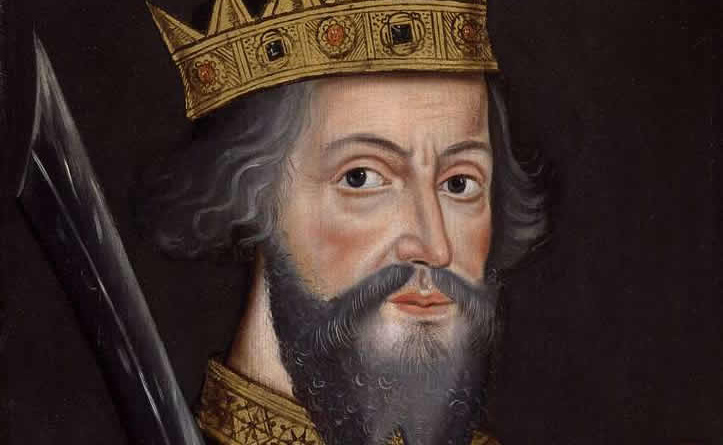William I
The Aftermath of the Norman Conquest
What remained of the Anglo-Saxon elite did not submit immediately. Thought was even given as to whom amongst them should be the next king. Duke William and his men marched slowly on London, sweeping this way and that on their way. They laid waste to the countryside, leaving no-one in doubt that when needed to be the Normans could be ruthless in the extreme. By late December the Anglo-Saxon leaders had submitted. On Christmas Day 1066 William Duke of Normandy was anointed and crowned as King of England.
Sharing out the land
William then started to share out England amongst those who had helped him to gain the throne. This was done on the basis of who had given the most support in ships and fighting men. Later on, in Domesday, the holding of the king and his immediate family was about 17%, the bishops and abbots about 26%, and 190 tenants-in-chief (men holding land directly from the king) held about 54%. Some holdings were very large and around a dozen of the leading lay magnates controlled about 25% of England. William Malet, who had been entrusted with the disposal of Harold’s body, was given the honour of Eye, which was one of the largest land holdings created after 1066. In 1086 it was worth £600 a year and extended into nine counties. The land-grab from the Anglo-Saxons did not happen all at once but by the end of William’s reign the vast majority of land had been taken from them. Only the greater churches still held the land they had been in possession of in 1066.
Limits to his power
William did not enjoy unlimited power, nor did any monarch who succeeded him on the throne of England. His power was restricted by law: the old Saxon laws, which he had sworn to obey, together with feudal customs to which he and his Continental followers were devoted to. He was King of England but he was expected to consult with and take heed of the opinions of his Council, which was made up of the most important tenants-in chief – both secular and spiritual. Having said that the power of a king was restricted, provided that he had the support of the majority of the great magnates, then he could do much as he liked.

